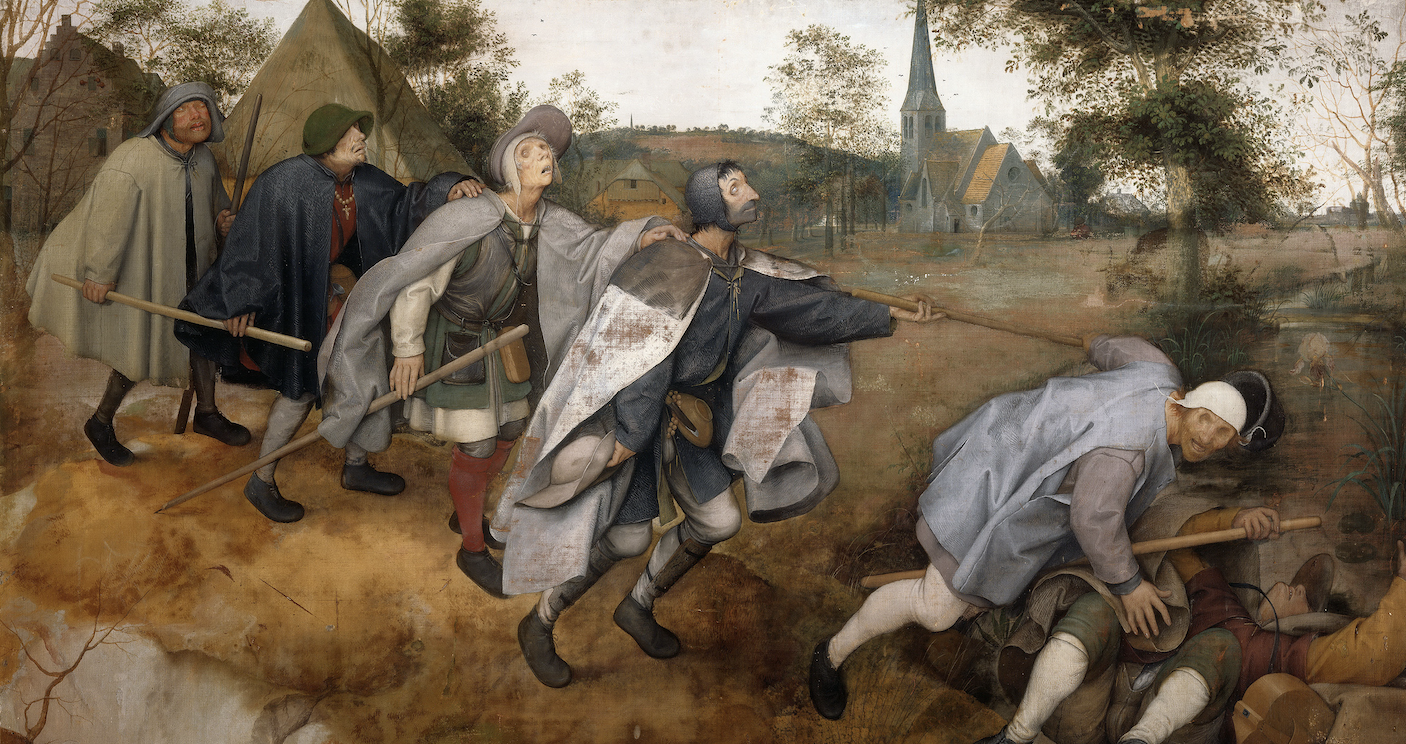Do we have free will?
Before going to review a group of college applications, if a college admissions counselor gets a hot cup of coffee, the student is rated as having a "warmer" personality (Williams & Bargh 2008).
When a parole board judge reviews prisoners for review right after his lunch break, he gives them parole. Over time — as his blood glucose levels decrease — his parole rate decreases. Obviously until his snack break, where it jumps right after. Right before leaving work, he gets a case that is identical to the person he saw after his lunch break. He denies parole even though the person earlier in the day was given parole. When questioned, "Why were your judgements different even though the situation was the same?", he cites philosophical and legal precedent rather than realizing his hunger was at play (Danziger et al. 2011).
Do we have free will?
A Goldman Sachs Managing Director just got the corner office. He's been grinding for this in middle school to get to a magnet high school. In high school to get into an Ivy League college. In college to get into a top business club. In the club to get a bulge bracket bank junior-year summer internship. In the internship to get a return offer after college. In his two-year stint as an investment banking analyst. In his three-year stint as an associate. In his four-year stint as a vice president. In his three-year stint as a senior vice president. Now he's 35 and just got the coveted MD job. He sits on a hard chair and talks to a fifth-round summer internship candidate. After the meeting, he rate the candidate as "stable" and "rigid". Earlier in the day, when he was interviewing candidates in his old office—with a soft chair—he rated candidates as "flexible" and "warm" (Ackerman et al. 2010).
On the second Sunday in March, something unusual happens in the US. All clocks jump forward one hour at 2:00 AM. One hour is "lost". As a college student, my sleep cycle from 1:00 AM to 8:00 AM gets cut short since I have to get to class. I only get six hours of sleep instead of seven. The following day is one of the deadliest days to drive a car. Fatal car crashes in the United States rise by about 6% during the week (Fritz et al. 2020).
Charter schools tend to have slightly better student outcomes than public schools. (0.01–0.03 STDs more in reading and math per year than public schools) Putting a cheap air filter in classrooms leads to an order of magnitude increase (0.1–0.2 STDs) in test outcomes as the best charter schools (Gilraine 2020).
Do we have free will?
Every action we take—whether conscious or unconscious, physical or mental—is the direct result of electrical activity within our nervous system. At its most granular level, this activity is the firing of individual neurons, tiny cells that transmit signals through rapid changes in electrical potential across their membranes.
Each time a neuron fires, it does so in response to specific stimuli: either electrical signals passed from other neurons via synapses or chemical signals interacting with receptors on its surface. These chemical signals—neurotransmitters, hormones, ions—are not spontaneous. They originate from structured biological processes.
Some of these chemicals are produced internally by specialized glands and organs—our endocrine system—based on genetic encoding, feedback loops, and environmental inputs. Others are absorbed from the external world—nutrients, drugs, toxins, pheromones—through processes like ingestion, inhalation, and skin absorption.
Thus, the origin of every neuron firing can be traced back to a biochemical trigger, which itself emerges from a combination of two sources: (1) the internal configuration of our body, determined by evolutionary design, genetics, and developmental processes; and (2) external stimuli—light, sound, temperature, social cues, threats, nourishment—that interact with our senses and biochemistry.
In other words, the causal chain behind any behavior, thought, or emotion is a sequence of physical events: environment → molecular interaction → chemical synthesis or absorption → signal transmission → neural activation → muscular movement or cognitive experience.
There is no “free-floating” will in this chain—only cascading patterns of matter and energy governed by deterministic (or probabilistically constrained) interactions. Quantum indeterministic interactions exist everywhere—but they would need to be scaled by 23 orders of magnitude to even impact a molecule. So we can assume they don't affect our free will at our degree of abstraction.
What we perceive as a decision or intention is a higher-level interpretation of billions of neurons firing in specific patterns, each triggered by prior events, all reducible to interactions between particles governed by physical law. We — and our valiant sense of free will — are just emergent phenomena from lower-level vibrational noise.
Do we have free will?
